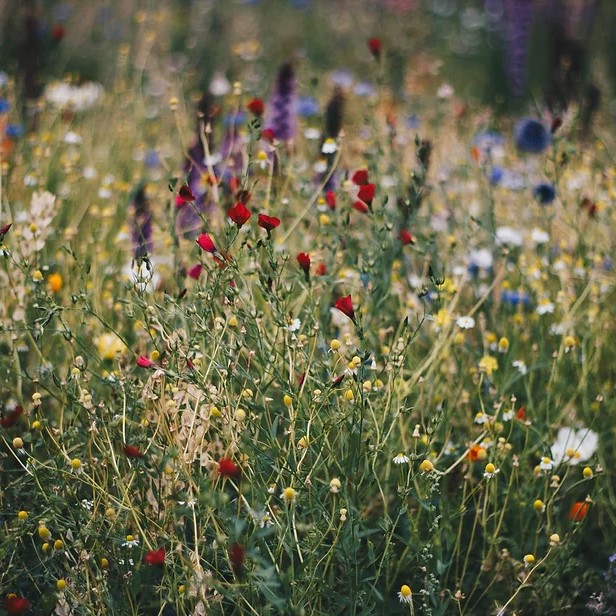
Land Sharing or Land Sparing?
Last week I attended an event hosted by the Linnean Society which explored two contrasting approaches to achieving this goal: Land Sharing and Land Sparing.
Briefly, land sharing and land sparing sit at either end of a continuum. A Land Sparing system involves large, separate areas of sustainably intensified agriculture and wilderness, whereas Land Sharing involves a patchwork of low-intensity agriculture incorporating natural features such as ponds and hedgerows, rather than keeping agriculture and wilderness separate.
The event was chaired by Professor Georgina Mace CBE FRS (who also chaired the working group for Royal Society’s report on ‘Resilience to extreme weather’, published last week), and featured Professor Andrew Balmford FRS, Dr Helen Hicks, Kerry ten Kate and Professor Guy Poppy.
The effect on biodiversity
As Professor Balmford put it, Land Sparing and Land Sharing systems favour different sets of species. Wide ranging generalist species (such as sparrows) will flourish under Land Sharing systems whereas more specialist species (for example crossbills) would do better under Land Sparing. The reason our planet can support such biodiversity is that most species have evolved to fill a specific ecological niche. A research from Ghana has shown that ‘more species were negatively affected by agriculture than benefited from it’ suggesting that to preserve biodiversity Land Sparing may be more effective.
But Land Sparing presents significant cultural and political challenges. If agriculture in region A is intensified (with a resultant loss in biodiversity), region B must be allowed to remain in, or return to its natural state. For this to be sustainable region B must remain untouched for a long time, far beyond the term of a single parliament or the life of one land owner, the timeframes in which decisions about land use are usually made.
This presents some difficult questions:
· How do we incentivise land owners not to use their land for agriculture? (One audience member suggested the somewhat drastic solution of nationalising all land ownership)
· How does this relate to reforming the EU Common Agricultural Policy (as discussed on previous blogs)?
· And how do we prevent future governments or land owners forgetting past promises in favour of present gains?
Making the distinction between sparing and sharing in Western Europe is difficult. Many of the species people most associate with our countryside (such as hares or partridge) are dependent on a semi-natural agricultural system, so could lose out in a Land Sparing system. Environment Stewardship (the main agri-environment scheme in England) is designed to protect these species and so supports sharing rather than sparing. While effective in some areas, this has not prevented the continuing loss of biodiversity in Western Europe.
Consumption: the ‘elephant in the room’
On a finite planet consumption cannot continue to increase indefinitely. This increase is partly driven by population growth but also by lifestyle. When asked by the audience what we could do to limit the loss of biodiversity the conclusion was to limit waste and, ideally, our consumption of meat.

